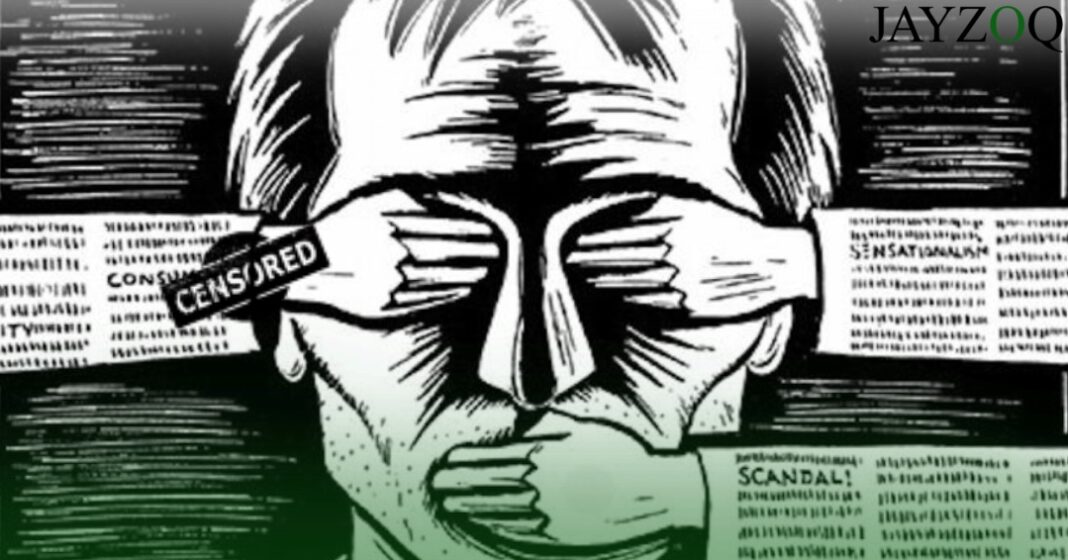It is near impossible to view things without any form of bias, whether religious, racial, cultural or gender based. All thoughts and ideas that come to one are often filtered through these lenses. Censorship boards in a country are also a similar lens.
It is also not possible to deny the reality that digital media in today’s day and age is the greatest source of information and entertainment for the masses. In a typical Pakistani household, you have eager fathers glued to television screens at 8 pm sharp for Kashif Abbasi’s “Off the Record”, or if your family is pro-PMLN, God forbid if anything but Geo News is ever on air. For mothers, it is expected that their interest should never exceed the limits of ARY Digital and HUM TV, it is a matter of familial honor that their thoughts be confined within the lives of their children and that of Shahana’s from Suno Chanda. That for you is what a good eastern family looks like.
It is however beyond the concern of either the matriarch or patriarch of the family to look for the actual curator for their daily dose of media, which makes it ever harder to hold such authorities accountable.
Truly, what does pass as appropriate and acceptable content in a country where a Gala Biscuit ad was banned from going on air “for using themes and content which do not correspond with the nature of the product being marketed.” And if this wasn’t an absurd enough explanation, “The trend is causing/promoting unrest and behavioral disturbance among viewers being not only in violation of commonly accepted standards of decency but also socio-cultural norms of Pakistani society” per the understanding of The Pakistani Electronic Media and Regulatory Authority (PEMRA), is. It certainly makes people question themselves when “Meray Dais ka Biscuit Gala” is deemed as an “indecent advertisement”.
This isn’t a one-time thing, even though in the last year we have had drama’s like “Jalan” and most recently “Dil Na Umeed Tou Nahin” face the same level of scrutiny too. With their themes ranging from infidelity to human trafficking, it has become the easiest thing for PEMRA to declare something “indecent” and “inappropriate” for audiences. Even more so than it is for one to afford 2 meals a day in Pakistan right now.
For a censorship board that is infamous for shutting down channels for criticizing the government and has allegedly terminated interviews of opposition leaders and blocked cable operators for airing critical programs, some, like most television journalists in Pakistan find it quite audacious when bills in regards to granting PEMRA new powers to obtain employee records and contracts have been circulating the Senate. Senator Sherry Rehman has gone as far as to call this bill a “backdoor” to gain further control over the already suffocated media.
PEMRA though, isn’t the only censorship board in Pakistan that is facing criticism nationally and internationally right now, for banning an already approved film called “Zindagi Tamasha” The Central Board of Film Censors has been under the spotlight as well. The movie is primarily about religious extremism and religious fanaticism in the country, which is why it does not come as a surprise when objections were raised against the film for being “blasphemous” and “disrespectful of religious scholars”. It is a shame then that a film meant not only to uplift Pakistani society but also Pakistani cinema has never had the fortune of going air in said country. The Central Board of Film Censors has also in the past banned movies like “Verna”, that talk about the struggle and survival of rape victims.
Considering all of this, it makes one skeptical when the government wishes to form a new federal censorship board to work in conjunction with the provisional censorship boards. If no improvement is observed, in the future the only safe space left to voice one’s idea’s is going to be their heads.







